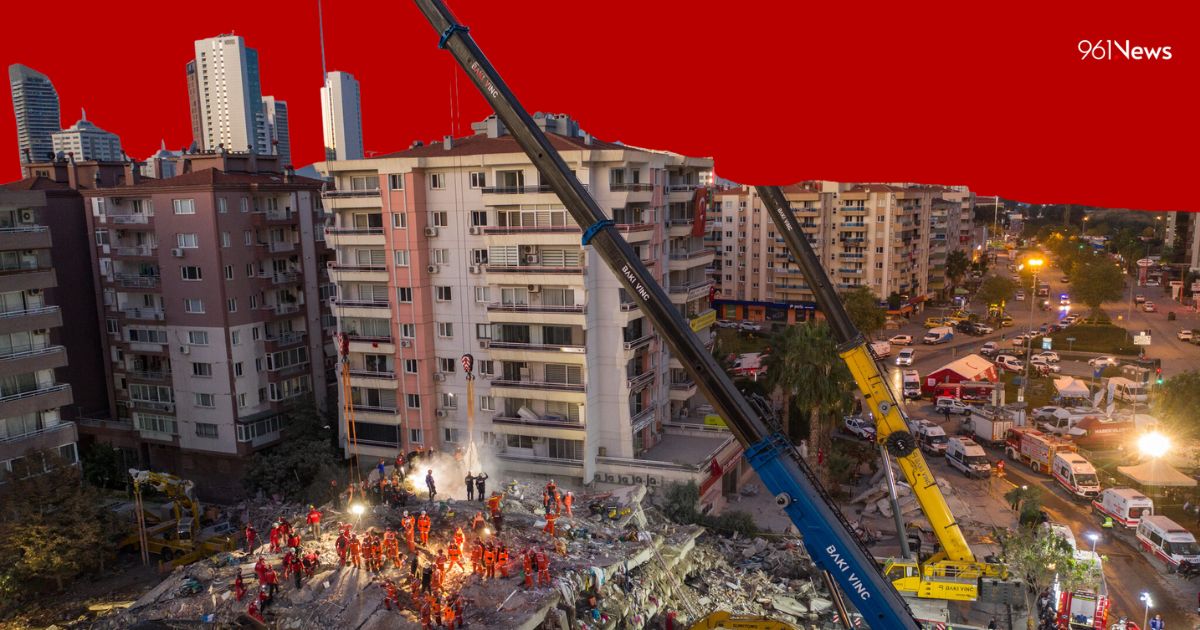Recent reports of “phantom quakes” have sparked widespread anxiety, as people claim to feel the ground shake even though no earthquake is recorded by seismic instruments.
While this phenomenon can be unsettling, it’s important to understand what it is, and what it isn’t.
Phantom quakes, in reference to the feeling of an earthquake when there isn’t one, are not the result of a tectonic activity or human-induced earthquakes. Instead, they are often the result of other factors.
One possible explanation for phantom quakes is anxiety.
In the aftermath of a real earthquake, it’s not uncommon for people to experience feelings of anxiety and stress, which can manifest as a physical sensation of shaking. This is especially true for individuals who have experienced previous earthquakes or who have a fear of earthquakes.
Another explanation is a perceptual illusion, where the brain misinterprets normal environmental stimuli as the sensation of shaking.
This can occur when people are in a state of heightened awareness or are in an environment that feels unsteady, such as a tall building or a rocking boat.
It’s important to note that while phantom quakes may feel real, they are not the same as actual earthquakes, and do not pose any immediate threat.
However, if you do experience what you believe to be a phantom quake, it’s important to seek reassurance from a trusted source, such as a family member, friend, or a professional.
In the case of the earthquakes that hit in recent days, it’s common for tremors of various strengths to follow. Those who experienced the earthquake can experience phantom quakes afterward as the mind seeks to build a mechanism of defense and “fight or flight.”











